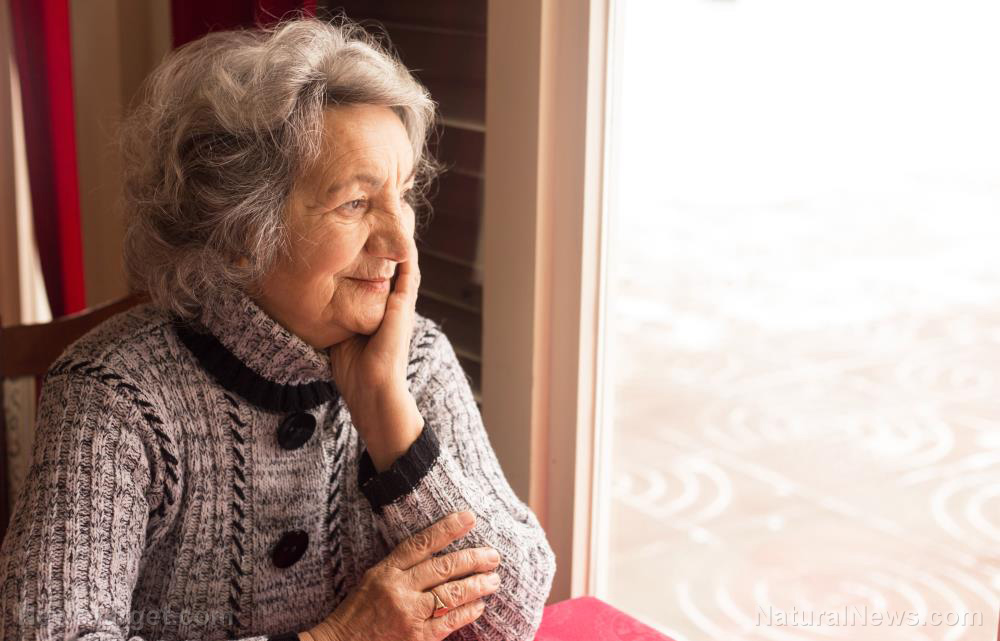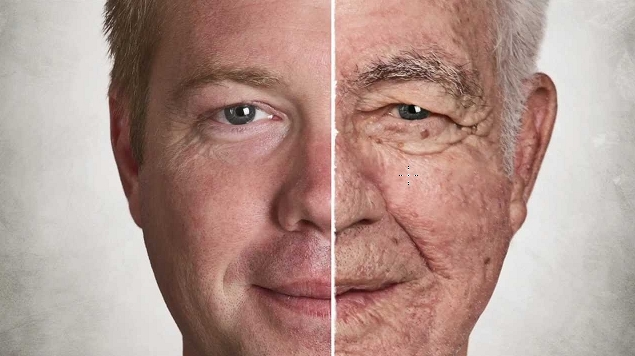
Hip fractures, a possible death sentence
A hip fracture refers to a break in the upper thighbone (femur) below the hip joint. When it breaks, it exponentially increases the risk of death. Women are twice more likely to get hip fractures than men.
Older adults are the most vulnerable – bones tend to grow weaker with age, making them more prone to fractures. Along with other conditions like vision and balance problems, tripping or falling is exceedingly dangerous.
Among seniors, around 33 percent of those older than 50 die within 12 months of getting a hip fracture. These numbers inevitably rise when disaster strikes.
Symptoms of hip fractures
If any of your family members exhibit the following, make sure to have it checked:
- Severe pain in the hip or groin area
- Bruising or swelling in the hip area
- Inability to move after falling
- Pain when trying to place weight on the injured hip
- The leg on the side of injured hip is facing outward
Risk factors
Aside from age, here are other risk factors of hip fracture:
- The female body – Women lose bone density faster than men, especially after menopause because of reduced estrogen levels.
- Chronic conditions – Some conditions, like Parkinson’s disease or intestinal disorders, reduce the amount of vitamin D and calcium absorbed by the body.
- Lack of nutrition – Lacking in vitamin D and calcium impedes the growth and maintenance of bones. (Related: Caring for your bones: Prevent breaks by exercising and taking in more calcium and vitamin D.)
- Physical inactivity – Not enough exercise can lead to weaker bones.
- Smoking and drinking alcohol – These habits inhibit proper bodily functions, which can result in bone loss.
Complications
People suffering a hip fracture are incapacitated. They are bedridden for months, and around half of them lose the ability to live independently.
In a survival scenario, this is a big problem. Unless you have a bug out location, you have to extend camping in one area for an extended period of time. If the place is not safe, it leaves you vulnerable to many threats.
Aside from not being able to move, other complications can also develop, including:
- Blood clots (legs or lungs)
- Pneumonia
- Bedsores
- Urinary tract infection
- Loss of muscle mass, leading to increased risk of falls
At this point, surgery may be the only viable treatment for hip fracture. When SHTF, it’s highly unlikely that medical facilities are still operational.
Preventing hip fractures
Preventing hip fracture is better than treating one. While you can’t account for all scenarios, such as car accidents, there are ways for you and your family members to reduce the risk of getting a hip fracture:
- Consume foods and beverages rich in calcium and vitamin D.
- Set aside time for exercise to improve balance and muscle strength.
- Stop smoking and avoid too much drinking.
- Schedule regular health check-ups each year to assess any risks.
Prepping for seniors
Different seniors have varying levels of strength and overall health. There are old people who can still lift weights and jog every morning. There are also seniors who have difficulty seeing and walking.
As a prepper, you must consider the needs of the senior members of your family.
Living with you
If an older adult is living with you or near you, preparing for emergencies may be easier. Here are some things you need to consider:
- Medications and storage
- Allowed foods and beverages
- Accessibility of rooms (i.e. distance to the bathroom)
- Location of the bug out house
- Potential hazards (stairs, scattered cords, etc.)
Living in another location
If the senior members of your family are living in another place (like another state), do the following:
- Ask about their prepping needs.
- Inquire if they already have a bug out location set up.
- Always remind them to keep an emergency tag on their persons.
- Set up an emergency hotline on their telephone for you and emergency personnel.
Living in a nursing home
Seniors in nursing homes are at risk because not many people can immediately help them in an emergency. Here are some things that you can do to help ensure their safety:
- Talk with the nursing home personnel on safety and evacuation plans.
- Always ask your senior family member to keep a list of emergency contacts on his/her person.
- Inquire the personnel about medications and how to properly store them.
- Ask personnel of other special needs the senior member may need.
- Set up a system of communication for emergencies.
- In case SHTF, designate a location where you can pick them up.
On top of all these preparations, you must help your senior family members pursue a healthier lifestyle. That is their best defense from hip fracture and other possible injuries.
Sources include:
Please contact us for more information.























